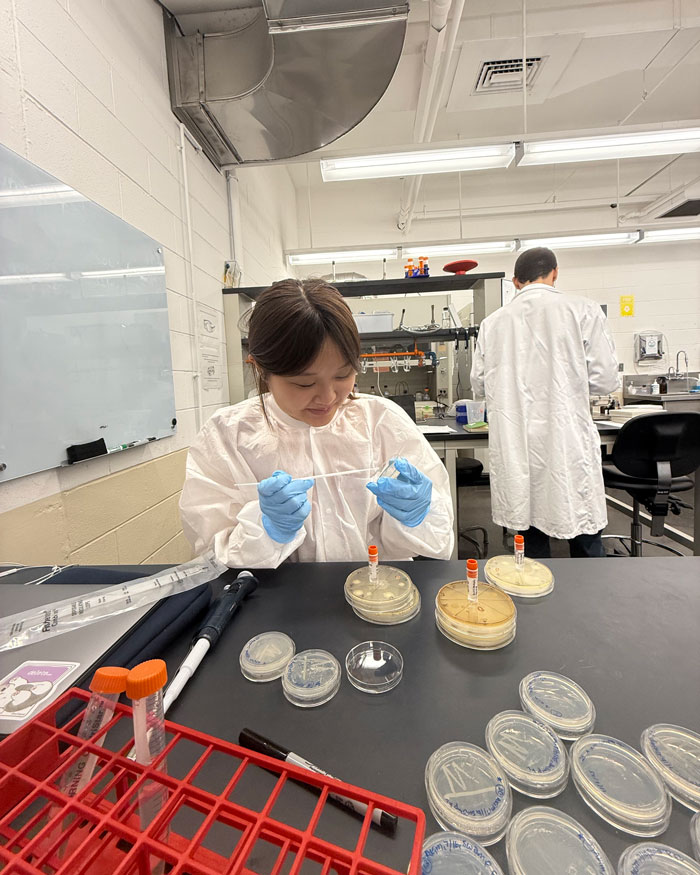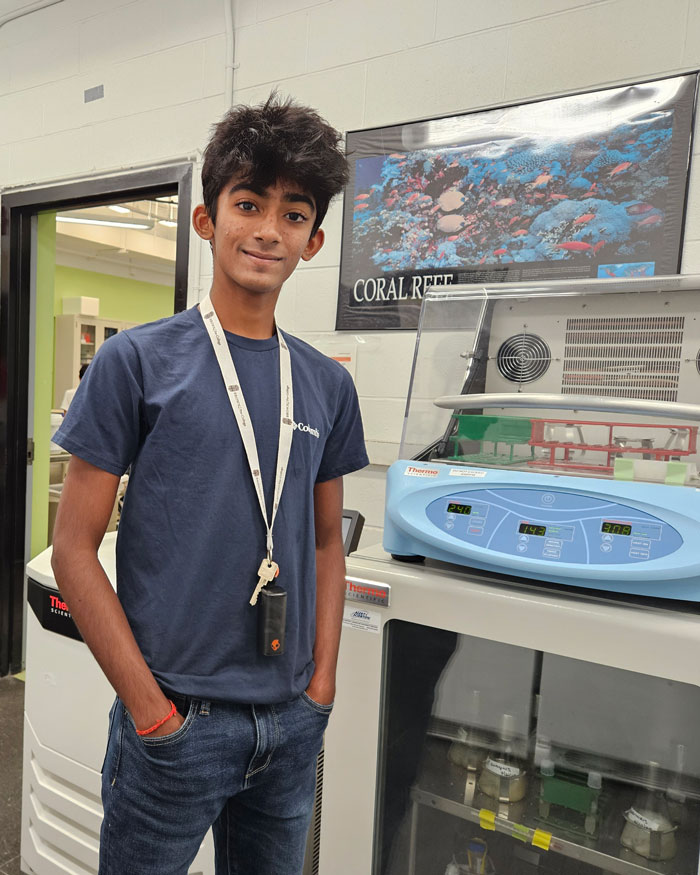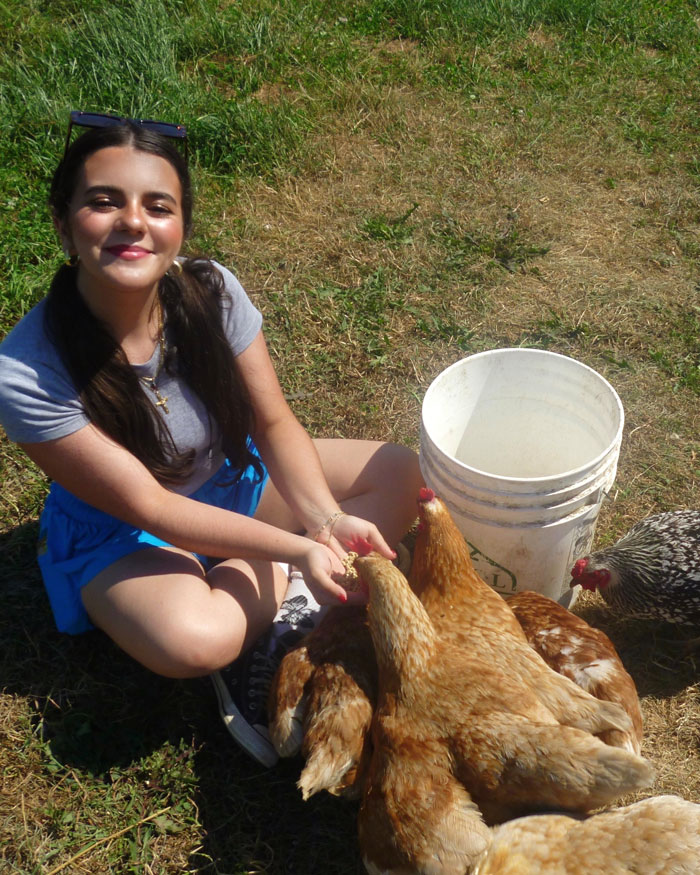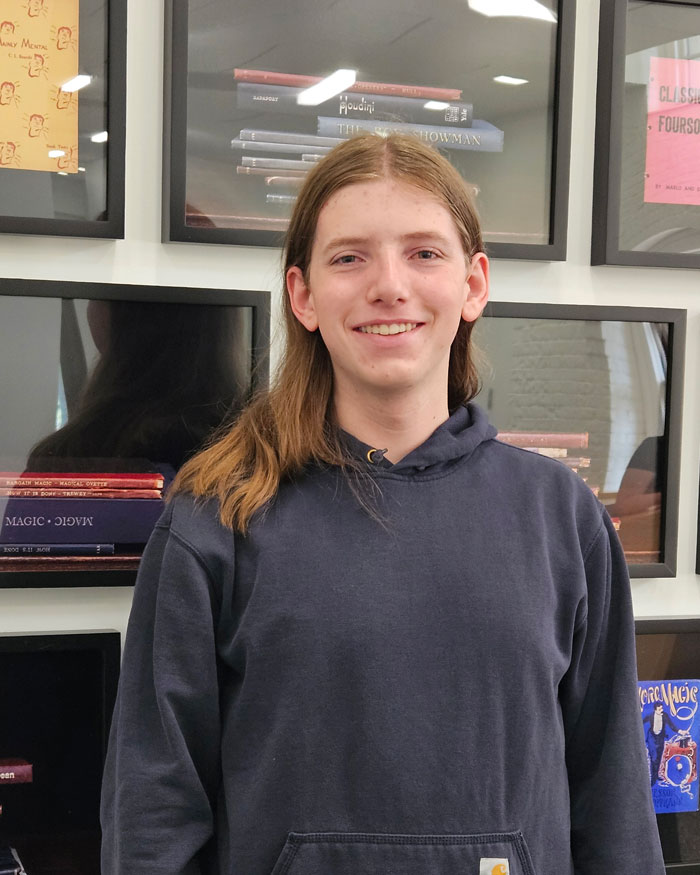PROVIDENCE, R.I. [Brown University] — Since late June, thousands of high schoolers from across the globe enrolled in Brown University’s dynamic summer Pre-College Programs, forging memories and experiences that will resonate well beyond the summer.
Over the course of six weeks of programming, 6,000 students from 74 countries and nearly every U.S. state studied with Brown through one of the University’s 11 distinct Pre-College Programs. Nearly 5,300 students lived on Brown’s campus or at several locations worldwide, from the Eastern Sierra mountains and the Florida Keys to Spain and the United Kingdom, while just over 700 students participated in remote offerings.
With hundreds of course options to choose from, students explored their individual academic interests — from English and engineering to ecology and economics — all while engaging with peers, learning about the challenges and opportunities of a Brown education and practicing how to navigate a research university campus.
In these vignettes, five high schoolers enrolled in different Pre-College Programs reflected on their experiences.
 Alyssa Kim, 16
Alyssa Kim, 16  Eshaan Nandy, 14
Eshaan Nandy, 14  Gyselle Ready, 17
Gyselle Ready, 17  Eva Santelli, 17
Eva Santelli, 17  Andrew Ter Louw, 17
Andrew Ter Louw, 17